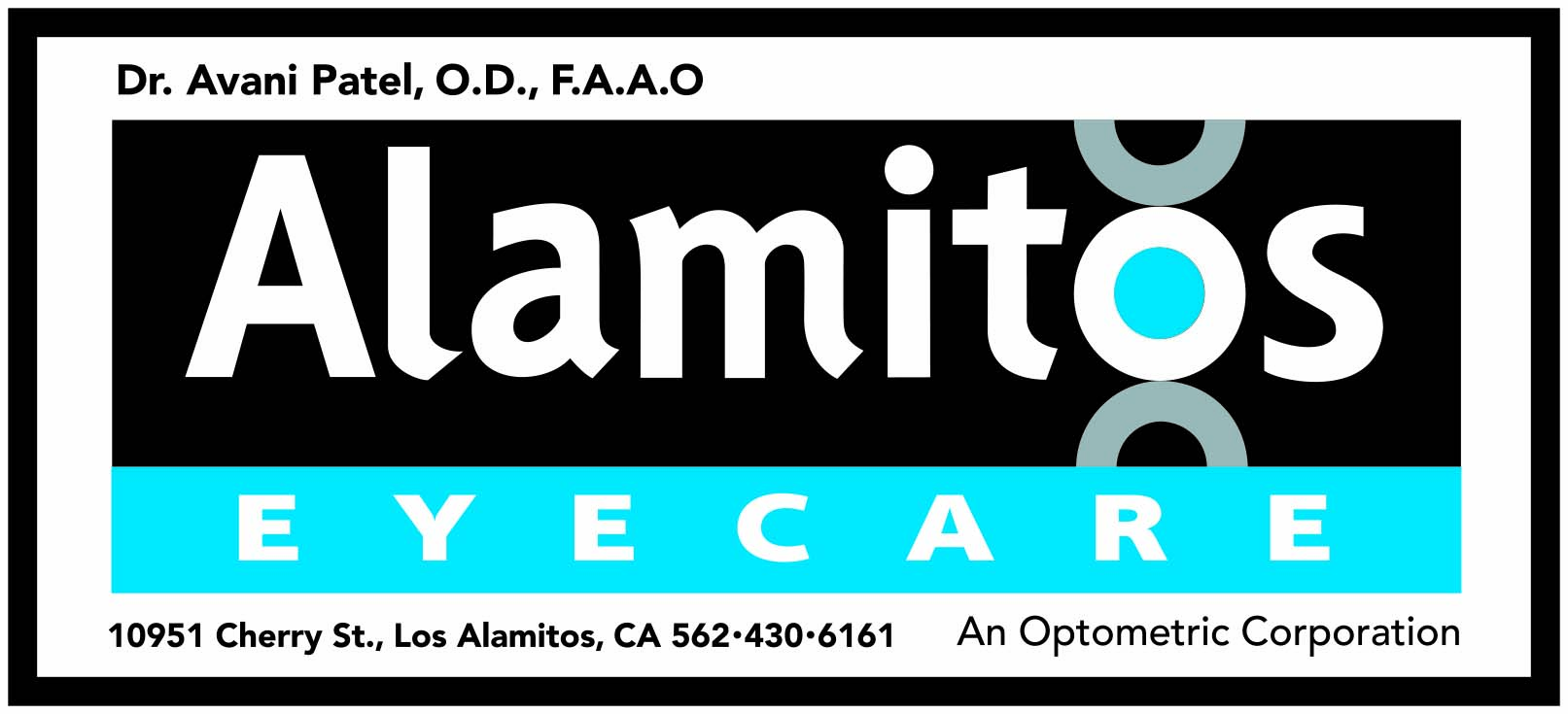(Oct. 26, 2021, 8:40 a.m.) -- I am frequently asked my opinion on how we can reduce crime in our city. While I am certainly not an expert on crime, I do have some thoughts on this subject, and I would like to share them with you. Let’s begin with a look at the past, when criminals were arrested, handcuffed, booked, and sent to jail. There were consequences for being a criminal and they functioned, to some degree, as a deterrent. In addition, the police had time to actively patrol our neighborhoods. It was a common sight to see a black and white cruising up and down our streets to let the criminals know that police are in the area. This was proactive policing, i.e., trying to stop crimes before they occur. Today, misdemeanor crimes are treated as minor, insignificant infractions with nothing more than a cite-out (promise to appear in court), in many cases, no handcuffs, booking or jail, or quick catch, book and release.There is no longer a disincentive to commit crimes, there is no fear of jail, and there are no negative consequences for criminals. The police have their hands tied. They are understaffed and spread so thin that they only have sufficient resources to be "reactive" instead of "proactive," i.e., they respond to crimes that have already been committed and have little time to do proactive patrolling. This also results in the redeployment of officers from low-crime to high-crime areas of the city. The thieves are aware of this, and it enables them to roam our streets and prey on us with impunity. So, you ask, what can we do about it? For a simple solution, we don't have to re-invent the wheel. Instead, lets take a look at the city of Lakewood, which contracts with the Sheriff for their law enforcement. The Sheriff’s Department has several specific features there which could be incorporated in Long Beach. They include a Reserve Deputy corps; a Volunteers on Patrol (V.O.P.) program; and an active Neighborhood Watch program which is strongly supported by the Sheriff. Let’s take a look. The Sheriff’s Department has more than six hundred active Reserve Deputy Sheriffs. Lakewood, like most Sheriff stations, has a contingent. Reserves undergo one year of academy training and volunteer their time, unpaid, in a variety of law enforcement roles, which include patrol, motorcycle, detective, search and rescue, K-9, posse, Aero Bureau and other duties. They are required to work a minimum of 20 hours per month. The Long Beach Police Department also has a Reserve program, but they are underutilized and have limited numbers. (I began my law enforcement career as a Reserve officer with the LBPD in 1975). The Reserve Corps should be expanded and given the primary responsibility of proactive patrolling in our neighborhoods to free the regular officers for handling calls for service. The Reserves could also handle routine crime reports that are now handled by regular officers. They are cost-effective because they are not paid. [Scroll down for further] |      |








